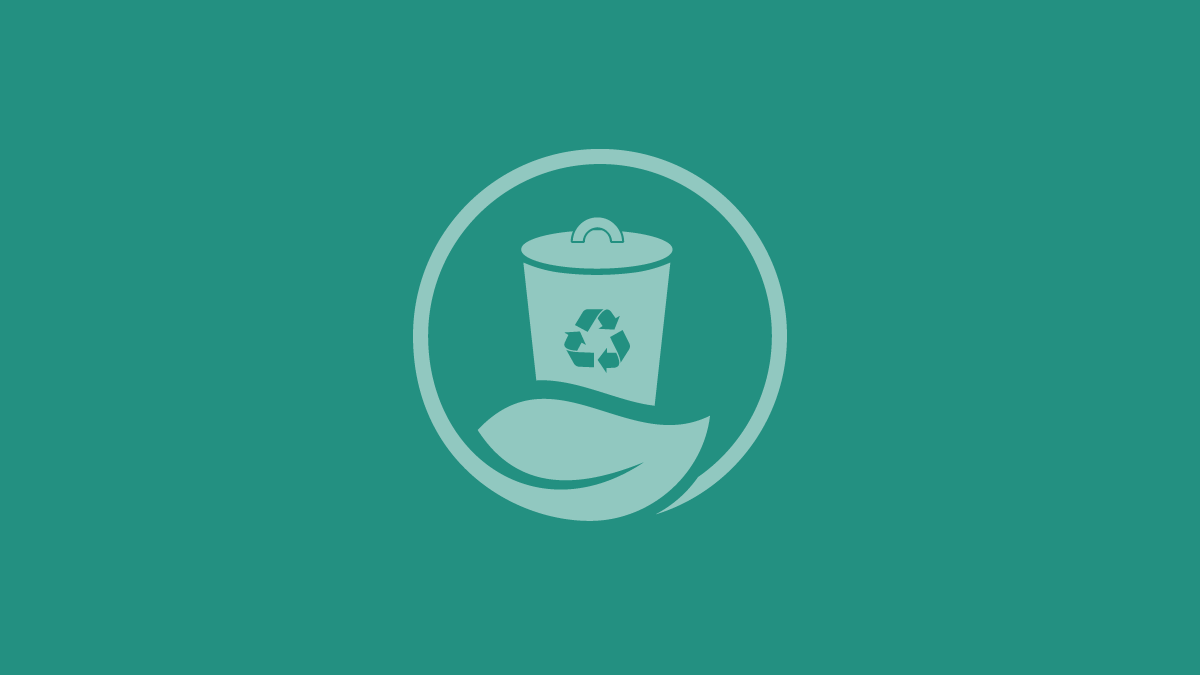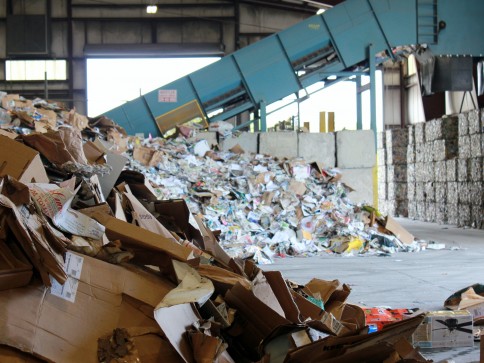Beyond Plastics’ Organizing Director Shares
By Nicole Oritz, UCRRA Master Composter Master Recycler
Happy Plastic-Free July!
To celebrate, we spoke with an expert in cutting down plastic use: Beyond Plastics’ National Organizing Director Alexis Goldsmith. Living in the Capital Region, Goldsmith has been with Beyond Plastics since January 2020. She also co-founded the Hudson Mohawk Environmental Action Network, a grassroots consortium fighting for environmental justice and Indigenous rights along the Hudson River.
“We don’t need people doing zero waste perfectly. That’s not the goal,” she told us. “We need millions of people doing it imperfectly.”
Here’s our conversation about plastic usage, what New York state and Ulster County are working on, and some of Goldsmith’s favorite ways of celebrating Plastic-Free July. Read on for more!
This interview has been edited for brevity and clarity.
For those who may not know, what is Beyond Plastic’s mission and what’s your role in the organization?
Alexis Goldsmith: Our mission is to end plastic everywhere, and we do that by educating people about the dangers of plastic and the impacts, especially the environmental justice and health impacts of plastic. We advocate for policies to reduce unnecessary plastics that are winding up in the environment and in our bodies.
What are some of the New York State initiatives you’re working on?
Our biggest is the Packaging Reduction and Recycling Infrastructure Act, which Ulster County is very familiar with. We worked on the New York City “Skip the Stuff” bill. We worked on the implementation of the plastic bag ban in New York and getting DEC to fully enforce the plastic bag ban, especially in New York City. We worked on the Bottle Bill as well.
New York’s plastic bag ban went into effect in 2020, and it covers plastic bags from being given at the point of sale. There are certain exemptions, like for restaurants or prepared foods, produce bags, etc. But for the most part, it has significantly reduced the number of plastic bags that are winding up in New York landfills, incinerators, and the environment.
The bottle bill would cover deposit containers in New York, but it would expand on the existing law, which was enacted in 1982 and hasn’t really been fully updated since. There’s been a lot more beverages added to the market since 1982, and many of those beverages are not captured by the existing law. So, the “bigger, better” bottle bill would raise the deposit, which is fully refundable.
In your opinion, what are some of the best ways people can celebrate Plastic-Free July?
Our action calendar is focused on systemic ways that you can reduce plastic by raising awareness by sharing with your friends and family the health impacts of plastics. When people find out they’re eating and drinking microplastics, that microplastics are associated with heart attack, stroke, early dementia, they’re found in breast milk and placenta, they want to take action to protect themselves and their loved ones. The action calendar is all about accessible, easy ways to take action without feeling overwhelmed.
Do you have any favorite activities that you try to do during this month?
I always try to avoid plastic myself. Day three is the BYO cup. This is like the No. 1 place to start: Stop using disposable coffee cups and disposable water bottles. This is an easy change. It just takes some practice.
Check out the calendar and just explore the ideas for Plastic-Free July.
Aside from carrying around a water bottle thermos, do you have other plastic-free habits that are embedded in everything you do?
I have worked hard to try and remove plastic where I can. My friends call me the “plastic police,” but it’s only because I’m steeped in the health impacts—every day across my desk, there is a new study on the health impacts of plastic. I am convinced microplastics are this generation’s lead in gasoline, and we don’t know the effects yet.
I’m wearing natural materials. Most clothing now is fast-fashion and is made from petrochemicals, so I thrift to find cotton, linen, or hemp materials. I replaced all my area rugs that were made of polypropylene with wool rugs, which are normally expensive. This is, again, an accessibility, equitability, environmental justice issue where low-income people are getting poisoned because they can’t afford the alternatives. But I got these area rugs replaced to reduce my indoor microplastic exposure.
What are some ways people in Ulster County can get involved, and what sorts of things should be on their radar right now?
Well, they can go to beyondplastics.org and explore the issues. Check out our Plastic-Free July 31 days of action calendar. We have a course in plastic pollution if they really want to dive deep, starting in the fall.
We also have our local groups and affiliates program, so if people want to be trained on how to be an activist, even if you don’t want to continue working on plastics, this training is really great for any issue.


